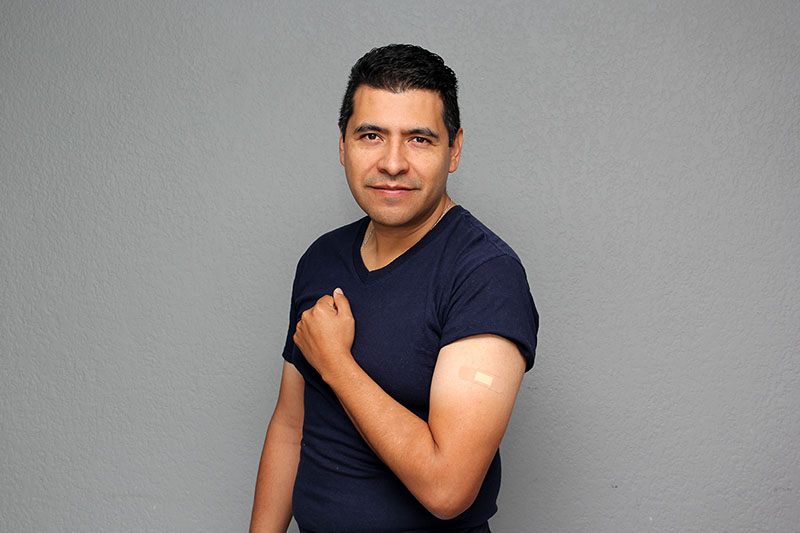Why You Need a Primary Care Provider
Having a Primary Care Provider is important to your overall health.

Getting the right care and treatment for your medical conditions is important, especially when it comes to your overall health and well-being. A Primary Care Provider (PCP) can be your go-to in the ongoing management of various health conditions.
Establishing care with and keeping up with regular visits to your PCP is an important part of your health.
What is a PCP?
A PCP can be a doctor, nurse practitioner, or physician assistant who cares for your primary care needs. This person provides ongoing care with regular visits and check-ups.
Establishing care with a PCP provides you with a point of contact when you need medical advice or assistance, as well as someone you can trust to diagnose and manage any health conditions you have.
Related: 3 Tips for Choosing a Primary Care Doctor
Establishing a long-term relationship
When you choose a PCP, you are essentially choosing the doctor or healthcare provider who will be your first resource for health-related needs. It is important to feel comfortable speaking openly and candidly about your lifestyle choices and health conditions with your provider.
Many people remain with the same PCP for years or even throughout their lives. If you don’t feel comfortable with your current PCP, you can explore other providers in your area who offer care and help you feel more at ease.
Some of the most common medical specialties of primary care providers include pediatrics, family medicine, and internal medicine. Pediatricians treat children up to the age of 18, while family medicine providers can treat people of all ages, including children. Internal medicine providers focus their practices on adults.
By establishing a long-term relationship with your PCP, you can gain a trusted medical advocate and expert who knows and understands you. This medical professional will consider the various aspects that make you who you are, including your approach to medical treatment, values, and your belief system.
What does a PCP treat?
Primary care providers can diagnose, treat, and manage a number of acute ailments, including headaches, back pain, respiratory infections, and urinary infections. They also help patients who are dealing with chronic conditions, such as high blood pressure, heart disease, obesity, and diabetes.
If you struggle with mental health conditions, such as anxiety or depression, your PCP can provide treatment and refer you to a therapist, counselor, or other mental health professional for additional care.
In addition to helping you manage your health conditions and checking you regularly for your overall health, your PCP can refer you to specialists when the need arises. If you are dealing with ongoing headaches, your provider might refer you to see a neurologist or chronic pain specialist.
Related: Are You Up to Date with These Health Screenings?
Why your PCP matters
According to a study published in JAMA Internal Medicine in 2019, patients who identified as having a PCP were significantly more likely to have routine preventive visits and fill prescriptions than those who did not identify as having a PCP. Those who had a PCP were also significantly more likely to receive care deemed as high value, such as mammograms, colorectal cancer screenings, and other cancer screenings.Your PCP can help you manage your ongoing medical conditions, as well as watch for warning signs of other conditions and ailments that may arise. Some health problems respond well to early intervention, while others can be prevented altogether with certain lifestyle modifications.
If you don’t currently have a PCP with whom you feel comfortable talking to about your healthcare needs, or you don’t have a PCP at all, you can contact your health plan to get a list of recommendations. You can also search online for providers in your area who are accepting new patients.
If you are a Select Health member, visit Member Support.
By finding a PCP you trust and establishing care, you can take steps toward better management of your health and well-being.






